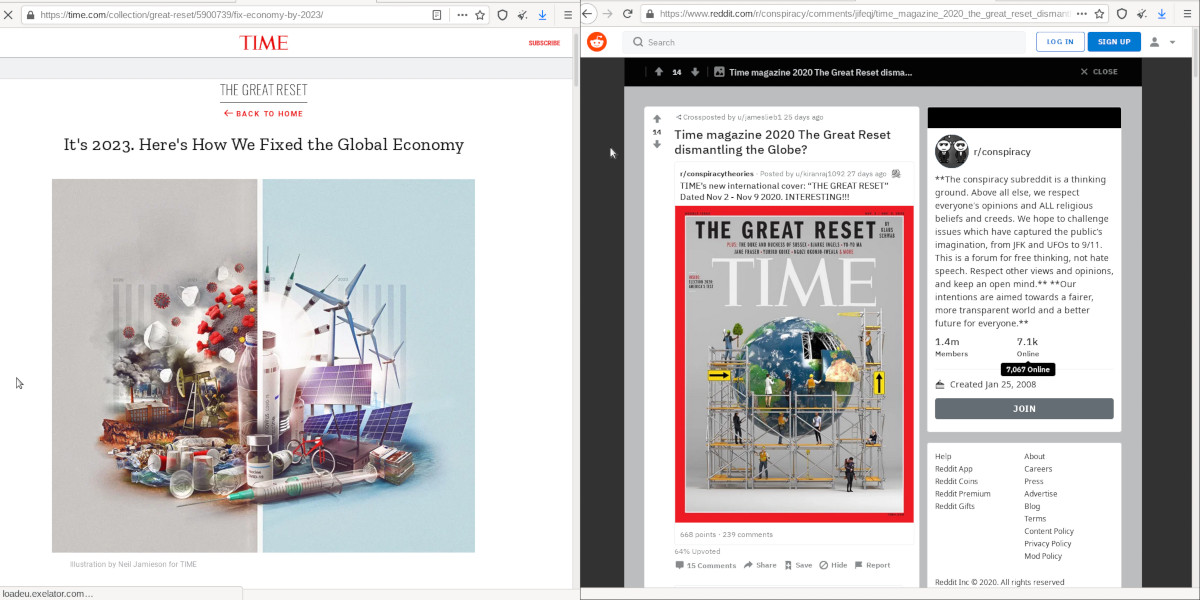Luke Burgis, in his book
Wanting, wrote about the expert class:
People are desperate to find something solid to hold on to in today’s “liquid modernity” (to borrow a term from sociologist and philosopher Zygmunt Bauman). Liquid modernity is a chaotic phase of history in which there are no culturally agreed-upon models to follow, no fixed points of reference. They have melted like glaciers and plunged us into a stormy sea with limited visibility. Celebristan is collapsing into it.
At the same time, the world is becoming increasingly complex. Think of the global financial system. The proportion of total available knowledge that any single person has is microscopic. So we rely more than ever on models, like hedge fund manager Ray Dalio, to make sense of it. Radical individualism does not free people from needing models. But where will they come from?
“Since modern man has no way of knowing what is going on beyond himself, since he cannot know everything, he would become lost in a world as vast and technically complex as ours, if he had really no one to guide him,” wrote Girard in his book Resurrection from the Underground: Feodor Dostoevsky. “He no longer relies on priests and philosophers, of course, but he must rely on people nevertheless, more than ever, as a matter of fact.”
And who are these people? “They are the experts,” continues Girard, “the people more competent than we are in innumerable fields of endeavor.”
We have the "priestification" of the so-called expert class. Experts define their expertise very narrowly, so they're rarely wholistic in their solutions. They get paid to talk on the government-approved media outlets. They still resonate with a very large proportion of the population in the United States, UK, and Western Europe. They have sometimes been sanctioned as "the science." They are most often materialists who welcome technological solutions, but they fear loss of control. They only support "Freedom of Speech" when it comes from sources they agree with. Everyone else is just spreading "misinformation."
I'm still waiting for that "fixed economy" that the middle level bureaucrats promised us with their grand plans. When a grand plan fails, they never think, "we were wrong." (See
Mistakes Were Made, But Not By Me (2007) by Carol Tavris and Elliot Aronson.) No, they try harder, hoping eventually to achieve their techno-utopia. If you have concerns about their plans, they'll call you awful names, like "right winger" even if you're gay or some other minority. You'll find out that 'protected victim classes' are just another empty categorization, since they'll throw anyone under the bus if they don't toe the line - whatever the government and media have decided is the "current thing."
It is hard for people to be rational when the government controlled media spouts lies that contribute to cognitive dissonance. Coping occurs when some people reject all "misinformation" sources in favor of the "truth" of mainstream media. After all, you probably got a degree from the same university where those talking heads on TV got theirs...
[Girard:] ... I did not suspect how tight the closure of the various "fields" still is in the contemporary university. I thought that, in the social sciences, there was as much unattached, field-free curiosity as in the French literary public. Unfortunately there is very little. And the reason is, of course, just as each researcher says: "I must keep up with my field" and there is no time for anything else. People with interests as broad as mine cannot fail to arouse the suspicion of our various experts, those who are focused for their entire lives on narrower and narrower fields.
Even though they cannot say so, these experts are automatically suspicious of any attempt at some "broad synthesis." And indeed I am neither an expert nor a "synthesizer." I never intended to be transdisciplinary. The single insight that dominates my work is doing it for me. I follow it wherever it takes me. [...]
Knowing how formidable the impediments to concrete intellectual freedom really are, we must feel thankful that so many young people still want to join the academic enterprise for the right reasons. They are not interested in signing up with one of the existing politico-cultural lobbies, but they are looking for a life of intellectual adventure. If they really want such a life, not even the harshest circumstances will stop them and the future of our universities will be in good hands. - p.139,149; Rene Girard and Myth, An Introduction (1993) by Richard Golsan




